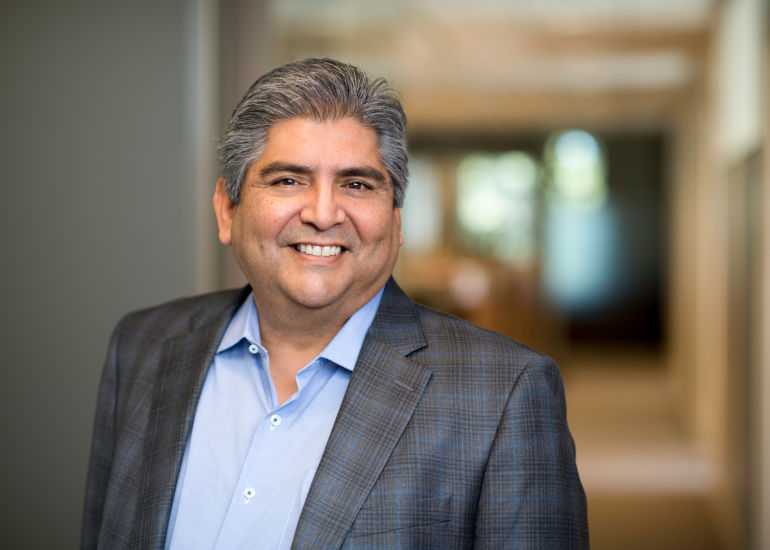
As summer approaches, many employers are considering “hiring” summer interns, as well as what to pay them, if anything. Some employers will consider engaging the services of unpaid interns, sometimes at the request of eager students or recent graduates offering to work for free in exchange for gaining desired learning experiences and opportunities, or perhaps seeking to get a foot in the door for any future job opportunities. Following the Great Recession, such unpaid internships became increasingly common.
In the wake of several class action lawsuits involving unpaid interns or trainees contending that the employer should have classified them as employees and paid them accordingly, the U.S. Department of Labor (DOL) recently announced that it has changed its test used to determine whether “interns and students are employees under the Fair Labor Standards Act (FLSA).” The DOL further stated that it would update its enforcement policies to align with recent case law and afford its investigators with “increased flexibility to holistically analyze internships on a case-by-case basis.” Because many states follow the DOL’s lead in this regard, employers using interns should carefully consider whether they can meet the test the DOL has now adopted.
DOL Changes Previously Used Test
On January 5, 2018, the DOL changed its 2010 six-factor test used to differentiate between interns and employees under the FLSA.1Following the lead of the Second, Sixth, Ninth, and Eleventh U.S. Circuit Courts of Appeal, the DOL adopted the "primary beneficiary" test. Under this test, the DOL will “examine the ‘economic reality’ of the intern-employer relationship to determine which party is the ‘primary beneficiary’ of the relationship,” and in doing so, will examine the following non-exhaustive list of factors:
- The extent to which the intern and the employer clearly understand that there is no expectation of compensation. Any promise of compensation, express or implied, suggests that the intern is an
employee—and vice versa. - The extent to which the internship provides training that would be similar to that which would be given in an educational environment, including the clinical and other hands-on training provided by educational institutions.
- The extent to which the internship is tied to the intern's formal education program by integrated coursework or the receipt of academic credit.
- The extent to which the internship accommodates the intern’s academic commitments by corresponding to the academic calendar.
- The extent to which the internship’s duration is limited to the period in which the internship provides the intern with beneficial learning.
- The extent to which the intern’s work complements, rather than displaces, the work of paid employees while providing significant educational benefits to the intern.
- The extent to which the intern and the employer understand that the internship is conducted without entitlement to a paid job at the conclusion of the internship.
The DOL expressly stated that its decision to follow the primary beneficiary test relied, in part, on the Ninth Circuit’s recent decision to do the same. InBenjamin v. B & H Education, Inc.,2defendant B&H Education operated the Marinello School of Beauty, a for-profit cosmetology school. Students sued the school alleging that it violated California, Nevada, and federal wage laws, including failure to pay minimum wage and overtime by failing to classify and treat the students as employees. In finding that the students were bona fide students, or interns, and not employees, the Ninth Circuit rejected the DOL’s 2010 six-factor test and adopted the primary beneficiary test for FLSA purposes. The court also predicted that the California Supreme Court would similarly adopt the primary beneficiary test in classifying interns under California law.
As noted, many states previously adopted the DOL’s former six-factor test, or some variation of that test. For example, the California, Washington, and Texas state labor departments follow the DOL’s former six-factor test. New York’s State Department of Labor uses an 11-factor test that incorporates the DOL’s former six-factor test. Time will tell whether or how quickly these and other state departments adopt, in whole or in part, the primary beneficiary test, as several circuits and the DOL have already done.
As Wilson Sonsini's prior alerts on this subject have noted, the liability risk associated with using unpaid interns may remain long after the intern has ended the relationship. For example, under federal law, the statute of limitations for wage and hour violations is two years, but sometimes can be as long as three years. Further, state law may impose an even longer limitations period. California's statute of limitations is three years, or four years if the violation is willful, and New York has a six-year statute of limitations for wage and hour violations. As several recent class actions involving interns underscore, employers must consider the risk of collective actions challenging the employer’s practice of using interns, including actions such as those authorized by California’s Private Attorney General Act (PAGA) law.
Employers should also be aware that liability over misclassified interns may extend beyond wage and hour concerns. For example, if an intern is found to have been a misclassified employee, he or she could assert other potential employment claims under state and federal law, including claims for discrimination, harassment, and failure to accommodate a disability. While these laws would in some instances not generally apply to an unpaid intern because he or she would not be an “employee” within the meaning of the statutes, this changes once the intern has been found to be a misclassified employee. Moreover, one form of misclassification may in turn result in a broader agency audit involving an employer’s use of consultants/independent contractors.
In conclusion, employers considering the use of unpaid interns should familiarize themselves with the DOL’s recent guidance as to when it will consider an individual properly classified as an intern. Each factor should be carefully considered, and employers should consult with counsel as necessary. In some instances, particularly where assessment of the factors results in uncertainty or ambiguity as to whether an intern classification is proper, an employer should consider hiring the interns as employees and pay them at least the minimum wage to ensure compliance with the law. In such instances, employers should similarly take care to comply with all other applicable wage and hour laws.
Wilson Sonsini actively follows developments around the U.S. with respect to classifying interns or trainees and all other aspects of employment law. The firm is available to assist companies, employees, emerging companies, and investors with employment litigation and counseling. For more information, please contact Rico Rosales, Marina Tsatalis, Jason Storck, or another member of the firm’s employment litigation practice.
Nedim Novakovic contributed to the preparation of this Wilson Sonsini alert.
Contributors
- Privacy Policy
- Terms of Use
- Accessibility

